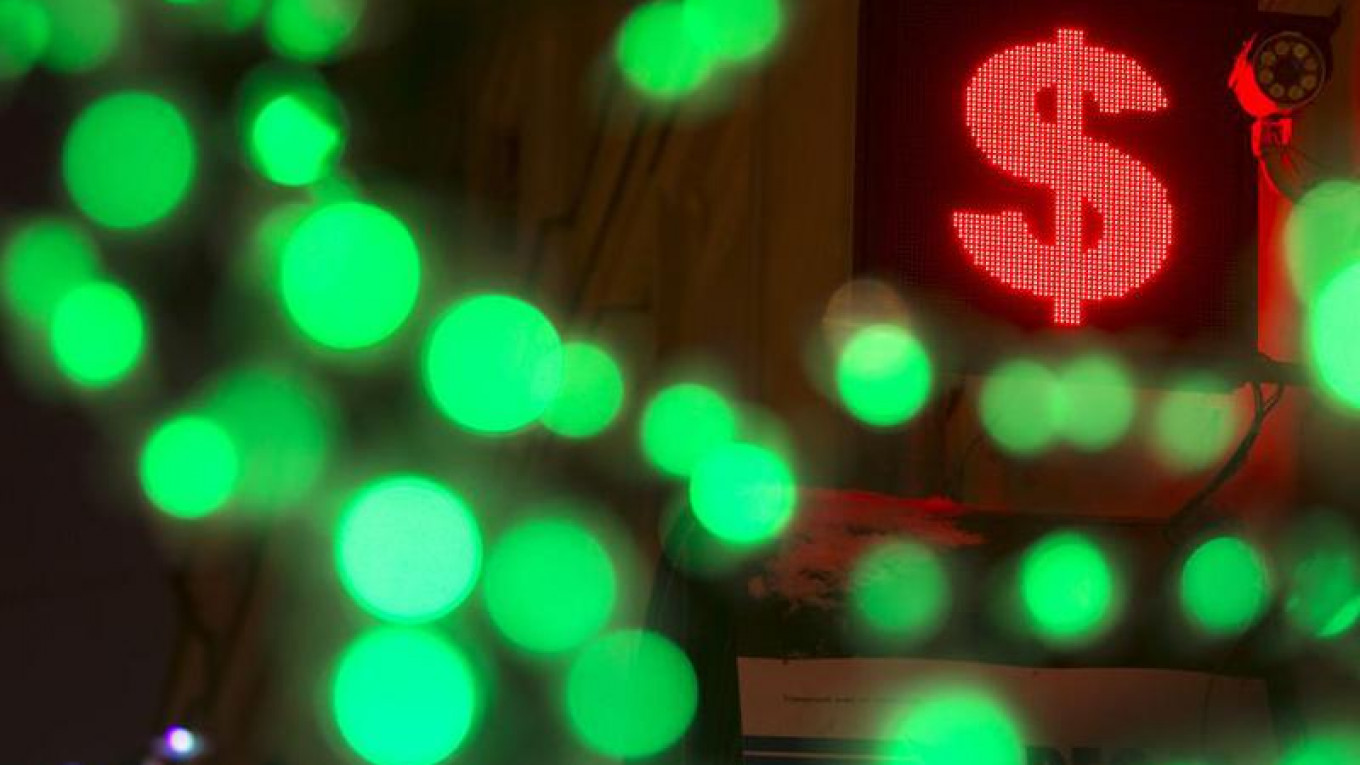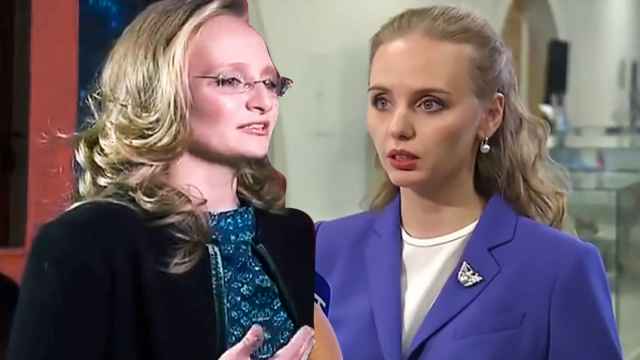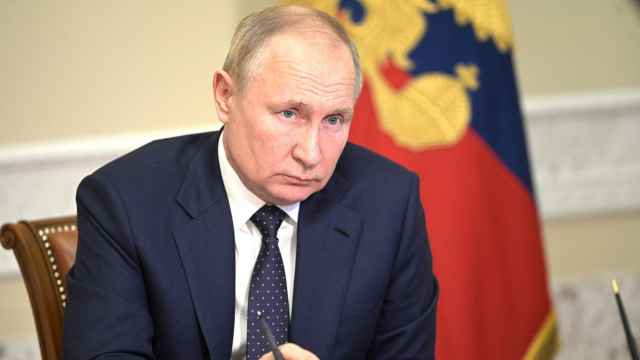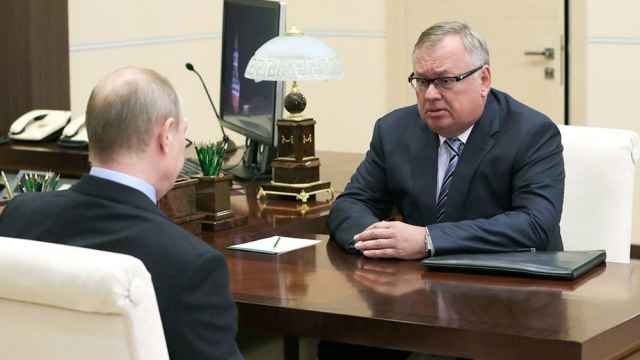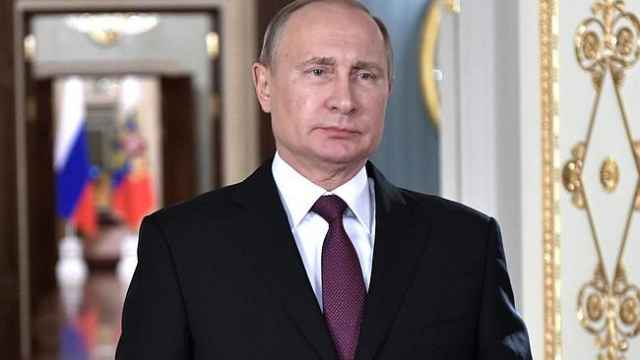(Bloomberg) — Ultimately, international sanctions and the worst relations with the U.S. since the Cold War did little to deter an influx of foreign cash.
Russian companies are set to rack up $2.8 billion in initial public offerings in Moscow and London this year, the most since 2011. In a year when the U.S. toughened penalties against Moscow, oil’s recovery and monetary easing have fanned the appeal of the nation’s equity placements amid a 30 percent rally in emerging-market stocks.
Russia’s IPO market has been frozen since 2014, when commodity prices collapsed and some of the country’s biggest companies were slapped with sanctions as punishment for the nation’s role in the Ukraine crisis. The uptick in share sales is evidence of revived appetite as the economy emerges from its longest recession this century and as raw-material prices approach multi-year highs. Total equity sales, including additional issuance, were about $6.5 billion this year, according to data compiled by Bloomberg.
“Russia was effectively shut out of capital markets for several years since the invasion of Crimea, the war in Ukraine and the imposition of sanctions, so there were lots of Russian companies starving for equity capital,” Julian Rimmer, an emerging-markets trader at Investec Bank Plc in London, said by email. “Russia looked more appealing with an easing cycle in place, a stabilizing economy and a solid ruble.”
Billionaire Oleg Deripaska’s En+ Group Plc used the proceeds from its sale to pay down a $942.6 million debt to state banks. Others like metals giant Severstal PJSC are positioning for further inflows by selling stock to boost their weighting in the indexes investors track.
Animal Spirits
“The main reason why we saw an increase in additional equity sales this year was the shareholders’ desire to boost the liquidity of shares,” said Vladimir Vedeneev, chief investment officer at Raiffeisen Capital Asset Management in Moscow. “Considering the relatively stable oil price and absence of new geopolitical shocks, this trend will likely continue next year.”
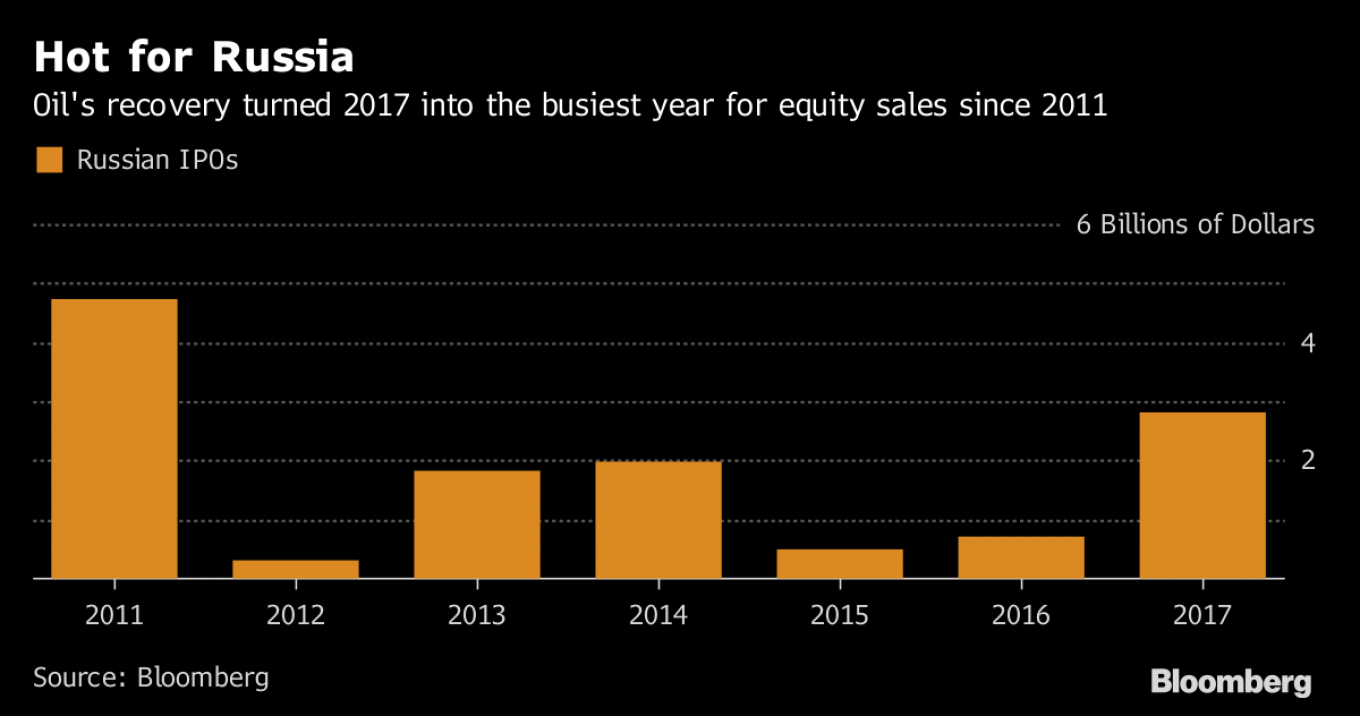
Some offerings have stumbled. Children’s goods retailer Detsky Mir sold 21.1 billion rubles of stock in February, in the biggest sale by a Russian consumer-goods company in three years, and attracted foreign investors including Vanguard Group Inc. and Credit Agricole SA.
The stock rose as much as 29 percent above its IPO price this year before collapsing in December, when a court froze controlling shareholder Sistema PJSC’s 52 percent stake in the retailer.
Still, with Brent crude trading 12 percent stronger this year and the Bank of Russia pushing on with rate reductions, the equity sales will continue, according to Vitaly Isakov, a money manager at Otkritie Asset Management.
“The Russian bull market is here to stay for another 3 to 5 years, triggering animal spirits in issuers and investors,” Isakov said. “I expect the Russian equity sales rush to continue.”
A Message from The Moscow Times:
Dear readers,
We are facing unprecedented challenges. Russia's Prosecutor General's Office has designated The Moscow Times as an "undesirable" organization, criminalizing our work and putting our staff at risk of prosecution. This follows our earlier unjust labeling as a "foreign agent."
These actions are direct attempts to silence independent journalism in Russia. The authorities claim our work "discredits the decisions of the Russian leadership." We see things differently: we strive to provide accurate, unbiased reporting on Russia.
We, the journalists of The Moscow Times, refuse to be silenced. But to continue our work, we need your help.
Your support, no matter how small, makes a world of difference. If you can, please support us monthly starting from just $2. It's quick to set up, and every contribution makes a significant impact.
By supporting The Moscow Times, you're defending open, independent journalism in the face of repression. Thank you for standing with us.
Remind me later.


